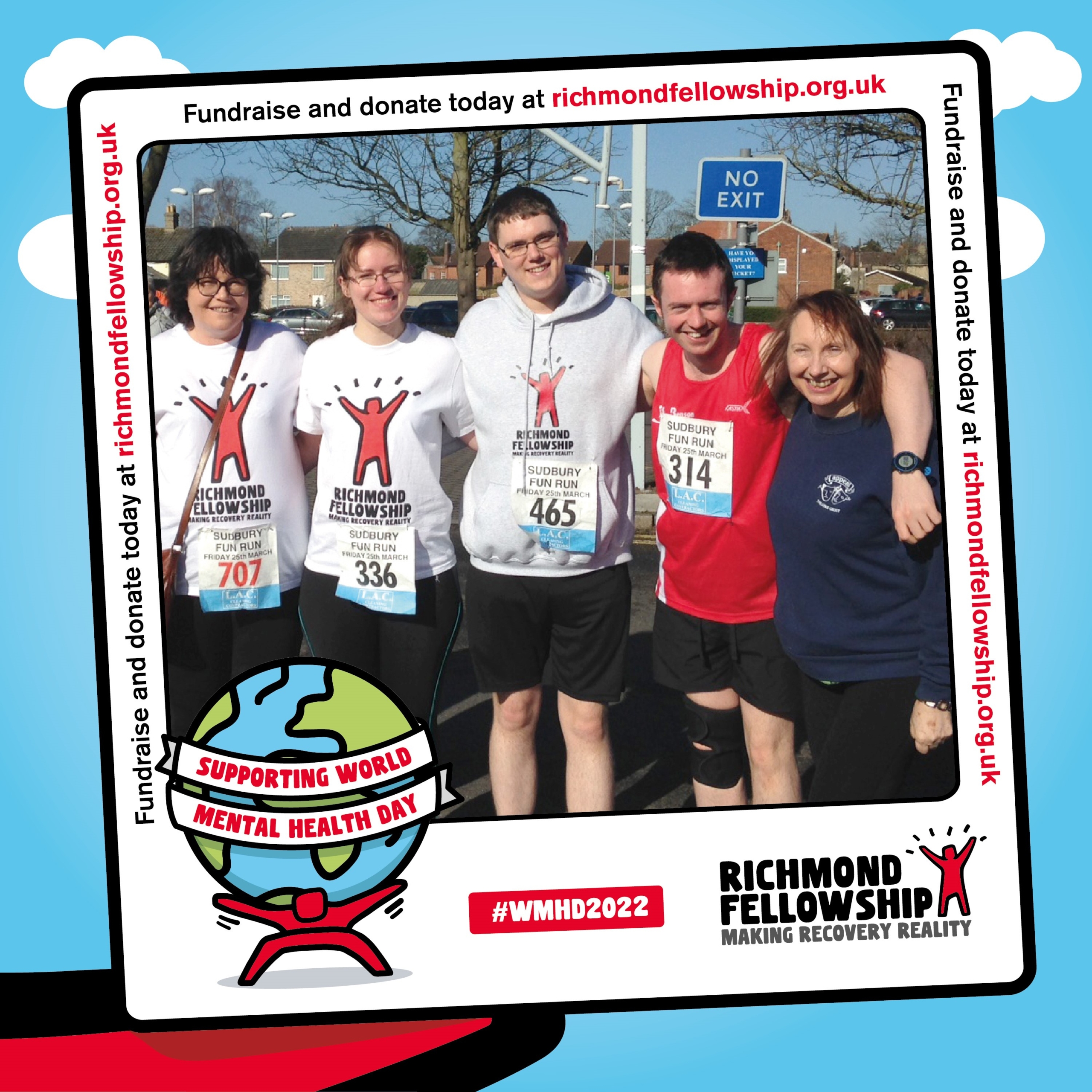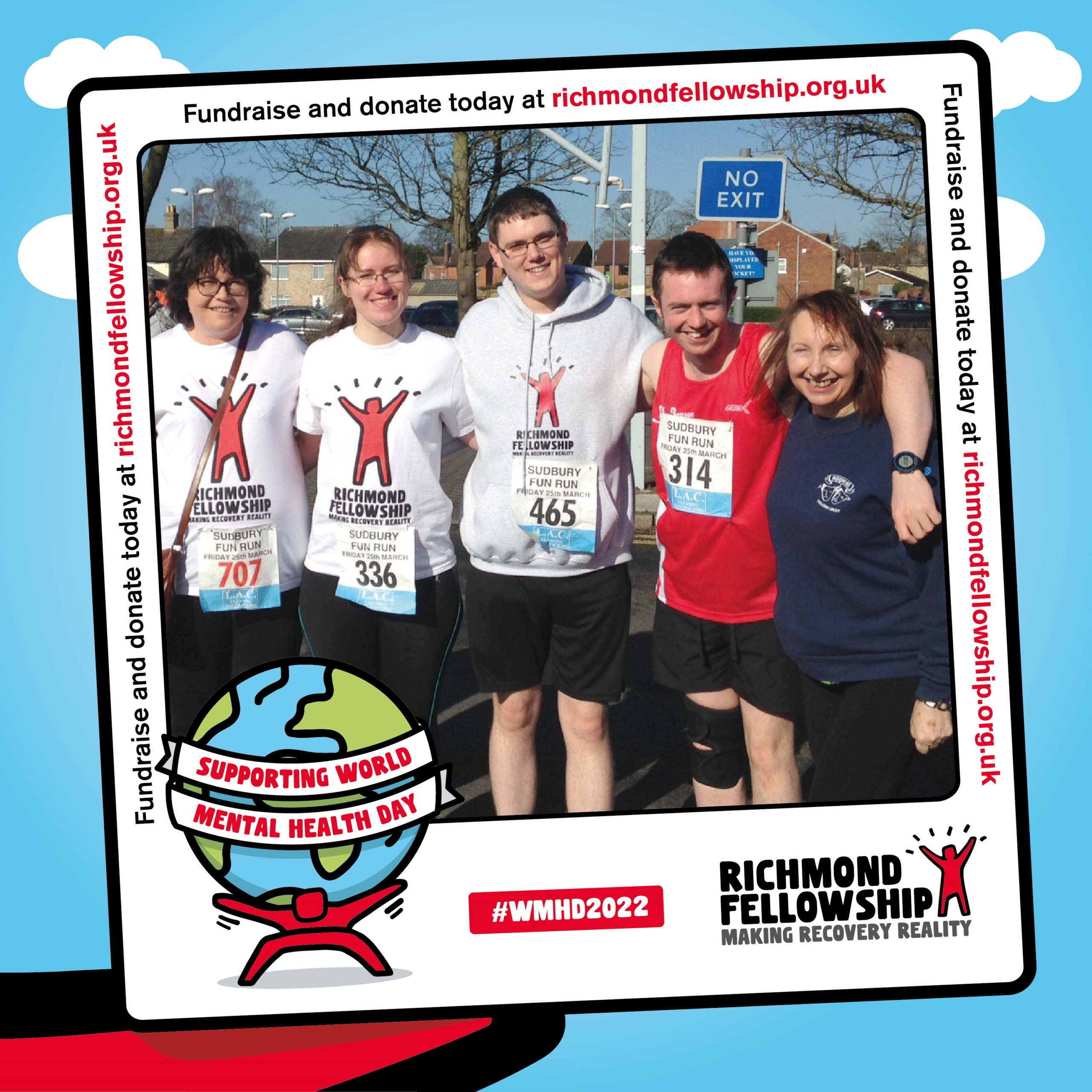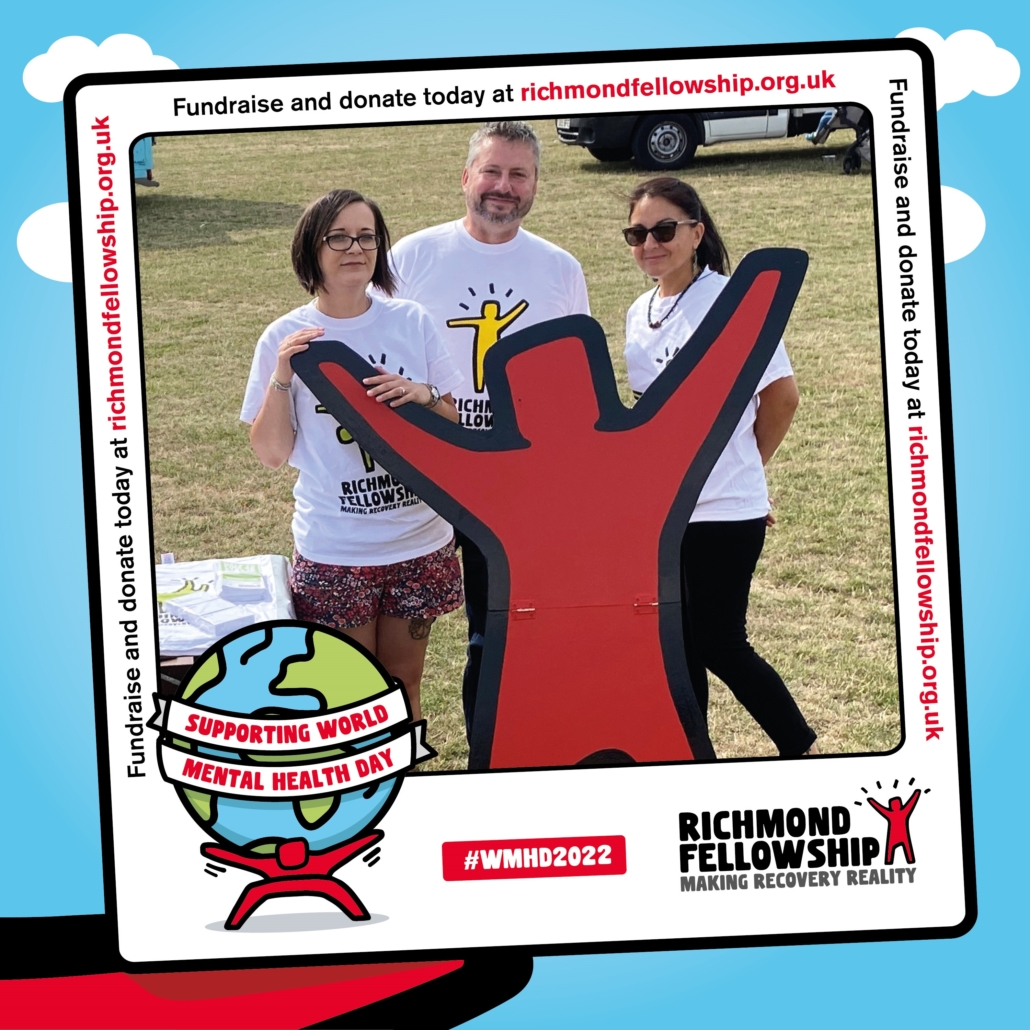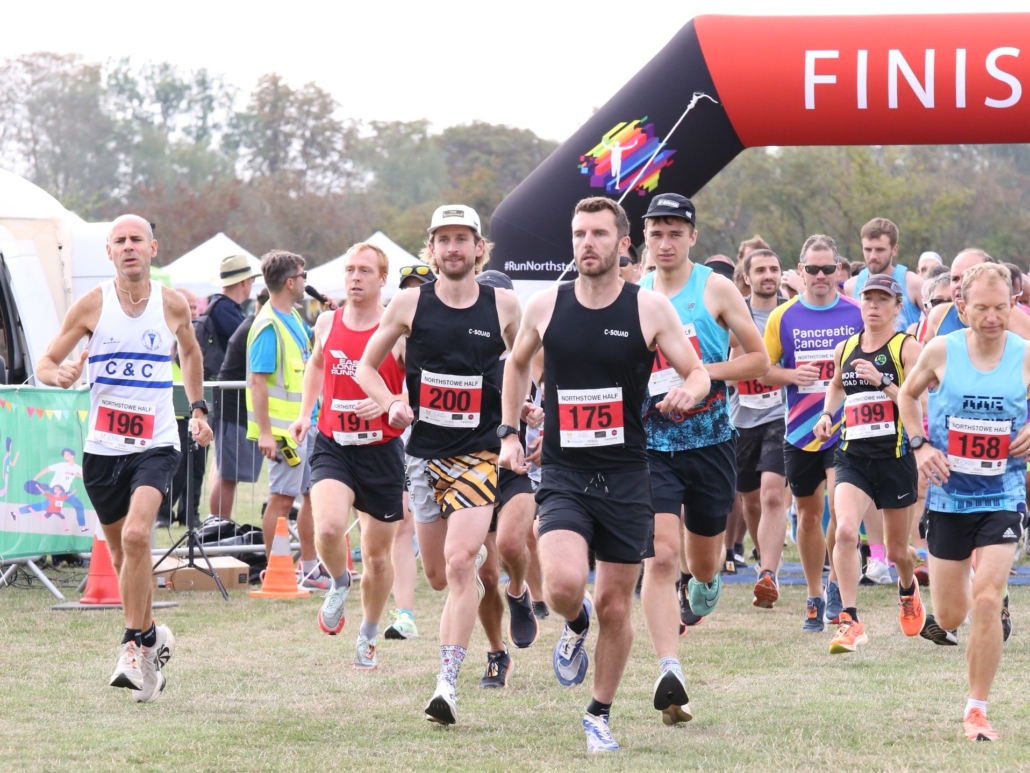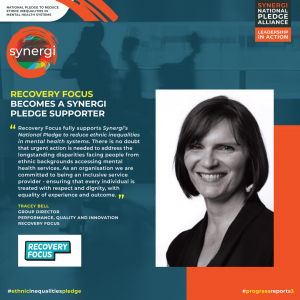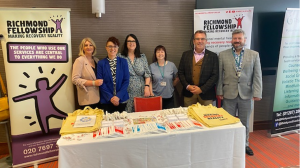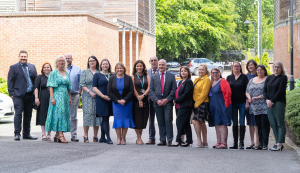 In the UK, public, private and voluntary sector organisations with 250 or more employees are required to report on their gender pay gaps annually. The reports show the difference between the average earnings of men and women, expressed relative to men’s earnings. If an organisation reports a gender pay gap, it does not mean women are paid less than men for doing the same job, but it does show that, on average, men occupy higher-paying roles than women.
In the UK, public, private and voluntary sector organisations with 250 or more employees are required to report on their gender pay gaps annually. The reports show the difference between the average earnings of men and women, expressed relative to men’s earnings. If an organisation reports a gender pay gap, it does not mean women are paid less than men for doing the same job, but it does show that, on average, men occupy higher-paying roles than women.
Richmond Fellowship’s mean 2022 – 2023 Gender Pay Gap (GPG) is 5.27% and its median 2022 – 2023 GPG is 4.59%. The mean GPG has fallen by 2.23% from 5.39% in 2021 – 2022 and the median GPG has risen by 1.04 percentage points from 3.55% in 2021 – 2022.
Mean Gender Pay Gap
| Mean GPG |
| Quartile |
Result |
| Upper |
10.16% |
| Upper Middle |
0.03% |
| Lower Middle |
0.30% |
| Lower |
-0.23% |
| Overall |
5.27% |
There has been a reduction in the overall mean GPG since 2021 – 2022 due to bonuses having been paid to more female employees in April 2022 and due to more females earning additional allowance payments and having worked on call on the snapshot date than males.
The mean GPG in the Upper quartile of 10.16% is primarily driven by the difference in hourly pay rates between the organisation’s top male and top female earners.
Median Gender Pay Gap
| Median GPG |
| Quartile |
Result |
| Upper |
7.08% |
| Upper Middle |
0.00% |
| Lower Middle |
0.23% |
| Lower |
0.00% |
| Overall |
4.59% |
The overall median GPG has increased due to the omission of 16 females from the GPG report, due to them not having earned their normal remuneration during the snapshot month of April 2022. More female employees than male employees availed of salary sacrifice schemes during this snapshot month (10 female and 3 male), which artificially reduced these colleagues’ earnings for the purposes of the GPG results report. The exclusion of these female colleagues from the GPG results report and/or the inclusion of their artificially lower earnings are particularly noticed in the Upper quartile, as a number of these female colleagues are ordinarily higher earners. Their exclusion is partially reflected in the smaller proportion of females in the Upper quartile compared to the organisational cohort as a whole, as 70% of the Upper quartile employees are female compared to 70.73% of the overall organisational cohort.
Comparison with selected other organisations
Richmond Fellowship has compared its 2022 – 2023 GPG results with the published 2021 – 2022 results of similar organisations which operate within the Health and Social Care sector. These comparisons are shown in the table below:
| Name |
Mean |
Median |
| Turning Point |
13.4% |
10.8% |
| Mind |
2.9% |
5.9% |
| Richmond Fellowship |
5.3% |
4.6% |
| Overall Sample |
7.2% |
5.9% |
Both Richmond Fellowship’s 2022 – 2023 mean and median GPG results are below the mean and the median results for the above sample of organisations, although Richmond Fellowship’s 2022 – 2023 mean GPG is higher than that of Mind’s 2021 – 2022 GPG. It should be noted that the results shown above for the other organisations relate to 2021 – 2022, and they could therefore have changed in 2022 – 2023.
The Chartered Institute of Personnel and Development (CIPD) published a comprehensive report on the GPG in March 2023. This report cites all employees’ GPG as having decreased to 14.9% from 15.1% in 2021 – 2022.
Mean Bonus Gender Pay Gap
| Quartile |
Result |
| Upper |
-8.18% |
| Upper Middle |
0.00% |
| Lower Middle |
0.00% |
| Lower |
10.52% |
| Overall |
-1.94% |
691 of Richmond Fellowship’s relevant employees received a bonus, which is in scope for the GPG reporting requirements. 70.8% of the bonus recipients are female and 29.2% are male, which more or less exactly matches the proportions of females and males in the organisation’s workforce (70.7% female and 29.3% male).
Bonuses in scope for GPG reporting requirements include the £500 non-consolidated payment made to employees as part of the 2021 pay award, golden hello payments, long service awards and retention bonuses awarded by certain local authorities for front line staff working in their areas and long service awards. The non-consolidated payment made as part of the 2021 pay award is the bonus payment which was received by the majority (71.71%) of the organisation’s employees as at the snapshot date.
77.5% of bonus recipients excluding the non-consolidated payment awarded under the 2021 pay award are female, which explains the overall negative mean bonus GPG result of 1.94%.
The non pro-rated golden hello payment of £1,500 and the pro-rated retention bonus payment of £2,000, both awarded by Cumbria County Council, have driven the negative mean bonus GPG in the Upper quartile. All of the recipients of these payments are in the Upper quartile and 76.25% of the recipients of these payments (61/80) are female.
The majority of bonus recipients in the lower quartile are those of the 2021 non-consolidated payment. As this payment was pro-rated, the majority of pro-rated recipients of this payment (81.4%) were female, which accounts for the mean bonus GPG of 10.52% in this quartile.
Median Bonus Gender Pay Gap
| Quartile |
Result |
| Upper |
-5.88% |
| Upper Middle |
0.00% |
| Lower Middle |
0.00% |
| Lower |
10.27% |
| Overall |
0.00% |
The impact of the £500 non-consolidated payment made to employees as part of the 2021 pay award on the median bonus GPG is clear. As this payment was pro-rated and was the most common bonus payment made, 69.75% of recipients of this payment were full-time, which explains the zero overall and middle bonus median GPGs.
Employees who sit within the Upper quartile predominantly work in Cumbria (46.51%). These employees received either a golden hello payment or a retention bonus and 76.25% are female, which explains the negative median bonus GPG in this quartile.
The higher proportion of females in the Lower quartile compared to across the overall cohort (80.35% -vs- 70.77%) explains the median bonus GPG in this quartile, especially when considering that the majority of bonus recipients in this quartile are those of the 2021 pay award non-consolidated payment, which was pro-rated.
Summary
Whilst our gender pay results are broadly positive, we will continue to develop and monitor actions around gender as part of our wider Equality and Diversity Strategic Plan. Much of this is embedded in our people management policies, practices and training programmes but more specifically we have launched a revised recruitment training programme (including unconscious bias), menopause training and awareness sessions and extended flexible working options post COVID through further hybrid and homeworking arrangements. We continue to undertake an annual diversity monitoring report focusing on gender representation of our workforce at all grades and comparison against our service user profile and wider demographics.
Tim Anderson
HR Director
Tuesday 28 March 2023








